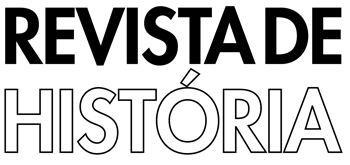Abstract
The paper analyses the conceptual models of state used by the scholarship of the later Roman Empire. The argument here developed is that it is possible to identify an oscillation between opposing conceptions of state, sometimes maximalist, sometimes minimalist, and that such conceptions have almost always served as an explanatory structure of the later Roman Empire historical developments, with the greater or smaller size of that State seen alternately as the cause for either the disarticulation or maintenance of the Roman system in the Mediterranean. The paper presents an historical review of those conceptions, elaborates on their connections with the debate between modernism and primitivism in the ancient economy and deals with their structuring ideological assumptions and the almost ubiquitous presence of liberal ideological categories and assumptions (even among Marxist authors). The paper concludes by reflecting on how this historiographical opposition between minimalist and maximalist conceptions obscures our understanding of the class relations of the later Roman imperial system of government.
Keywords:
Later Roman Empire; Roman government; ancient economy; historiography; concepts of State
